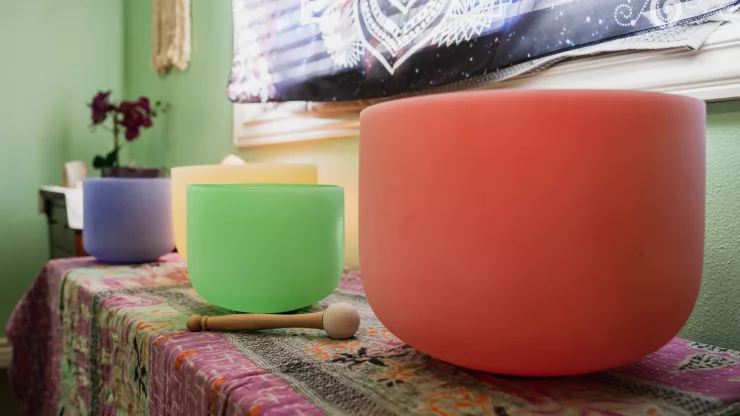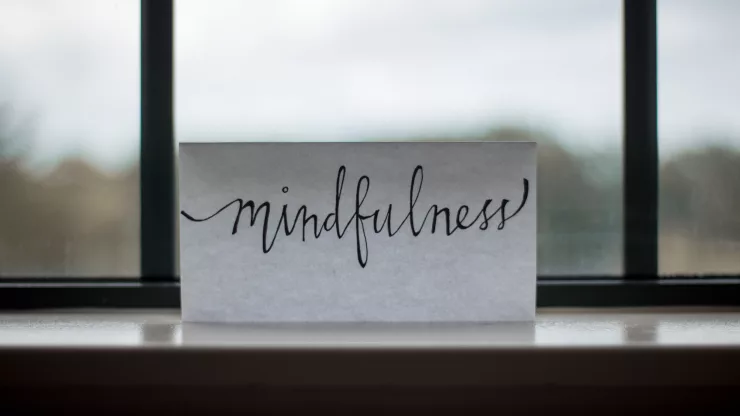In today’s fast-paced world, people are more prone to stress and anxiety, which can take a toll on their physical and mental well-being.
While there are several therapies and treatments available, Hakomi Therapy stands out as an effective way to elevate one’s well-being.
Hakomi Therapy is a gentle, non-invasive approach that helps individuals to explore their thoughts and feelings, and promotes self-awareness and self-compassion.
In this article, we will explore what Hakomi Therapy is, how it works, its benefits, and what to expect during a Hakomi session.
Jump to Section
What is Hakomi Therapy?
Hakomi Therapy is a mindfulness-based, somatic psychotherapy that was developed in the 1970s by Ron Kurtz. The therapy is based on the principles of mindfulness, non-violence, and organicity.
Hakomi is a Hopi Indian word that means "Who are you?" or "How do you stand in relation to these many realms?" The therapy aims to help individuals become more self-aware and to explore their thoughts, feelings, and beliefs in a safe and supportive environment.
How does Hakomi Therapy work?
Hakomi Therapy works by helping individuals to explore their thoughts, feelings, and beliefs through mindfulness and somatic awareness.
The therapist uses gentle touch, movement, and verbal cues to help clients become more aware of their body sensations, emotions, and beliefs.
The therapist then uses this information to help clients understand their patterns of behavior and to develop new ways of relating to themselves and others.
The therapy is client-centered, which means that the therapist follows the client’s lead and adapts the therapy to the client’s needs and goals.
Benefits of Hakomi Therapy
Hakomi Therapy has several benefits, including:
- Promotes self-awareness and self-compassion
- Helps individuals to explore their thoughts, feelings, and beliefs in a safe and supportive environment
- Reduces stress and anxiety
- Helps individuals to develop new ways of relating to themselves and others
- Improves communication and relationship skills
- Helps individuals to overcome trauma and other emotional issues
What to expect during a Hakomi session
During a Hakomi session, the therapist will begin by establishing a safe and supportive environment.
The therapist will then guide the client through mindfulness exercises and somatic awareness to help them become more aware of their body sensations, emotions, and beliefs.
The therapist will use gentle touch, movement, and verbal cues to help the client explore their patterns of behavior and to develop new ways of relating to themselves and others.
The therapy is non-invasive and is adapted to the client’s needs and goals.
Hakomi Therapy vs traditional talk therapy
Hakomi Therapy differs from traditional talk therapy in that it focuses on the body and the present moment. Traditional talk therapy is more focused on exploring past experiences and emotions through verbal communication.
Hakomi Therapy uses mindfulness and somatic awareness to help individuals become more aware of their body sensations, emotions, and beliefs, and to develop new ways of relating to themselves and others.
The therapy is non-invasive and is adapted to the client’s needs and goals.
Elevate Your Well-being through Hakomi Therapy
Hakomi Therapy is an effective way to elevate one’s well-being.
The therapy promotes self-awareness and self-compassion, reduces stress and anxiety, and helps individuals to develop new ways of relating to themselves and others.
If you are looking for a gentle, non-invasive approach to exploring your thoughts and feelings, Hakomi Therapy may be the right choice for you.
FAQ
How long does a Hakomi session last?
A Hakomi session typically lasts between 60 and 90 minutes.
How many Hakomi sessions do I need?
The number of Hakomi sessions you need will depend on your goals and needs. Some individuals may benefit from just a few sessions, while others may need more.
Is Hakomi Therapy covered by insurance?
Hakomi Therapy may be covered by some insurance plans. It is best to check with your insurance provider to see if Hakomi Therapy is covered.
Is Hakomi Therapy suitable for everyone?
Hakomi Therapy is suitable for most individuals.
However, individuals with severe mental health issues may need to seek other forms of therapy.
It is best to consult with a therapist to determine if Hakomi Therapy is right for you.
Hakomi Therapy is a unique and effective way to elevate one’s well-being.
The therapy promotes self-awareness and self-compassion, reduces stress and anxiety, and helps individuals to develop new ways of relating to themselves and others.
If you are looking for a gentle, non-invasive approach to exploring your thoughts and feelings, Hakomi Therapy may be the right choice for you.

With a deep passion for personal development, Ben has dedicated his career to inspiring and guiding others on their journey towards self-improvement.
His love for learning and sharing knowledge about personal growth strategies, mindfulness, and goal-setting principles has led him to create My Virtual Life Coach.
Contact Ben at [email protected] for assistance.




